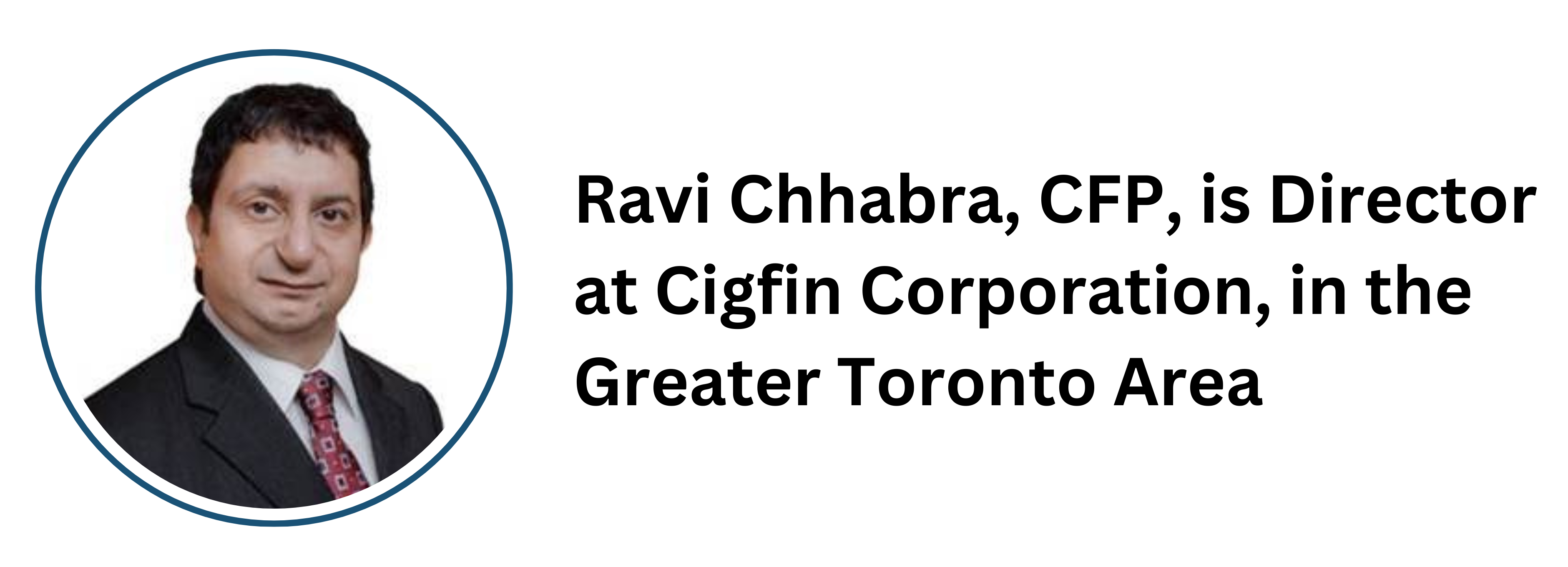While inflation has impacted the ability of many Canadians to manage their finances, it can be especially hard for those who financially support family overseas. If you’re in this situation, a CERTIFIED FINANCIAL PLANNER® professional or QUALIFIED ASSOCIATE FINANCIAL PLANNER™ professional can help you and your family meet your goals.
Key Takeaways:
Gain an understanding of your situation through a financial assessment.

Build a budget to manage your cash flow

Stick to a plan and review it regularly.

Consider an investment strategy and estate planning for long-term financial help.


Save for an emergency fund to overcome unexpected challenges.

Financial Challenges
Canada has built a reputation for welcoming immigrants, many of whom financially support family members living abroad. Unfortunately, the rising cost-of-living and pressures caused by inflation have made providing that support increasingly difficult. The good news is, if you find yourself in these circumstances, a CFP® professional or QAFP® professional can help you work towards your financial goals.


Role of Financial Planners:
Here are six ways a professional financial planner can help Canadians who financially support family overseas.
1. Conducting a financial assessment

Before deciding how to responsibly begin or continue providing financial support to family members abroad, you need to have a strong understanding of your own finances. The first step is to have a CFP professional or QAFP professional conduct a financial assessment. This important information-gathering exercise will help them understand your income, expenses, debts, and goals. From there, they can provide you with a clear picture of your financial situation.
2. Improving financial literacy

CFP professionals and QAFP professionals undergo rigorous education to be certified. They’re fully qualified to educate you about providing responsible financial assistance. They can empower you and your family to make make good financial decisions. The process may include teaching your family about financial literacy and budgeting to ensure all money is used wisely and sustainably.
When working with a professional financial planner, you and your family may want to ask about the following:
*How exchange rates work
* The tax implications of sending money across borders
* How to financially support family over the long-term
* Balancing financial support for family with your own goals
3. Budgeting and cash flow management

Budgets are necessary tools to maintain financial stability. With a solid understanding of your finances in place, a professional financial planner can help you build a budget that works for you. Your planner may ask you to gather important information about your finances, such as the following:
* Monthly income
* Monthly expenses
* Debts
* Necessary and discretionary expenses
With a budget in place, you can start to manage your cash flow (Cash flow is the difference between your income and expenses). The process will include identifying a sustainable amount to set aside for your family and a schedule for doing so. Your planner will regularly review your financial plan with you to ensure it continues to meet your needs. Adjustments may be necessary due to changes in financial circumstances or goals.
4. Developing an investment strategy

Depending on your financial goals and the needs of your family members, your planner may suggest exploring certain investment strategies. These may include strategies that focus on generating income or investments that increase in value over time.
5. Considering estate planning

If you plan to provide ongoing financial support to family members abroad, estate planning is essential. A planner can help you create an estate plan that ensures a seamless transition of assets to beneficiaries, including those living abroad.
6. Building an emergency fund
Life is unpredictable, which is why emergency funds exist. If your family abroad is relying on you, having an emergency fund is important. It can help you prepare you for unexpected changes to your financial circumstances. The ideal saving approach for an emergency funds is to set aside three to six months worth of expenses. While it might feel like a daunting task, a CRP professional or QAFP professional can help you stay on track.
Whether you’re supporting family members abroad or navigating other financial challenges, remember that financial planning is for everyone. A professional financial planner can help you develop a plan based on your needs.
If you’re looking for helpful information about the value of financial planning, check out FP Canada’s revamped website for Canadians at financialplanningforcanadians.ca. With this helpful resource, you’ll learn about budgeting, cashflow management, debt repayment, and much more. All articles are written by CFP professionals and QAFP professionals, so you can trust the information you find.
To locate a CFP professional or QAFP professional who can help you support family abroad, use our Find Your Planner tool.
Ravi Chhabra, CFP®, CLU, is Director at Cigfin Corporation, since 2005 in the Greater Toronto Area




